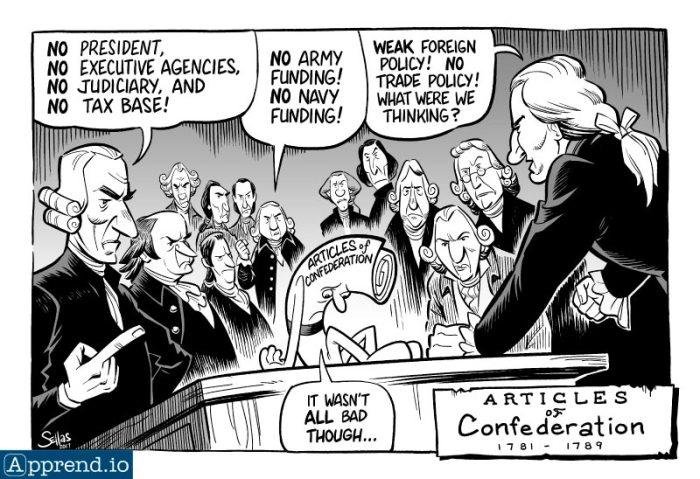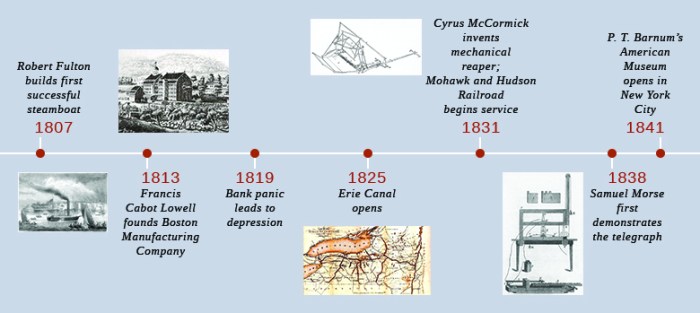Brainpop articles of confederation quiz answers – Welcome to the definitive guide to BrainPOP’s Articles of Confederation quiz answers, meticulously crafted to enhance your understanding of this pivotal document in American history. Dive into a world of historical significance, key concepts, and educational insights, presented with clarity and academic rigor.
Our comprehensive analysis provides a thorough examination of the Articles of Confederation, its principles, strengths, and weaknesses, while the quiz questions and answers serve as a valuable tool for assessment and reinforcement. Educators will find invaluable tips for incorporating this interactive quiz into their teaching practices, fostering a deeper understanding of the challenges and triumphs of the newly formed United States.
Introduction

The Articles of Confederation were the first constitution of the United States of America. They were adopted by the Continental Congress on November 15, 1777, and ratified by all 13 states by March 1, 1781. The Articles of Confederation created a loose confederation of states, with each state retaining its sovereignty and independence.
The central government was very weak, with limited powers to raise revenue, regulate commerce, or maintain a military.
Key Concepts
Definition of the Articles of Confederation
The Articles of Confederation were the first constitution of the United States of America. They created a loose confederation of states, with each state retaining its sovereignty and independence.
Main Principles of the Articles of Confederation, Brainpop articles of confederation quiz answers
- The states were sovereign and independent.
- The central government was very weak, with limited powers.
- Each state had one vote in the Continental Congress.
- Amendments to the Articles of Confederation required the unanimous consent of all states.
Strengths and Weaknesses of the Articles of Confederation
Strengths
- The Articles of Confederation allowed the states to retain their sovereignty and independence.
- The Articles of Confederation prevented the central government from becoming too powerful.
Weaknesses
- The Articles of Confederation made it difficult for the central government to raise revenue.
- The Articles of Confederation made it difficult for the central government to regulate commerce.
- The Articles of Confederation made it difficult for the central government to maintain a military.
- The Articles of Confederation required the unanimous consent of all states to amend, which made it difficult to change.
Quiz Analysis
The BrainPOP Articles of Confederation quiz is a multiple-choice quiz that tests students’ knowledge of the Articles of Confederation. The quiz contains 10 questions, each with four possible answers. The questions cover a variety of topics, including the definition of the Articles of Confederation, the main principles of the Articles of Confederation, and the strengths and weaknesses of the Articles of Confederation.
The quiz is designed to be challenging but fair. The questions are clear and concise, and the answers are accurate and informative. The quiz is a valuable resource for students who are studying the Articles of Confederation.
However, there are a few areas where students may struggle. For example, some of the questions require students to have a detailed knowledge of the Articles of Confederation. Students who are not familiar with the Articles of Confederation may find these questions difficult to answer.
Educational Value: Brainpop Articles Of Confederation Quiz Answers

The BrainPOP Articles of Confederation quiz can be used as a teaching tool in a variety of ways. For example, the quiz can be used to introduce students to the Articles of Confederation, to review the main principles of the Articles of Confederation, or to assess students’ knowledge of the Articles of Confederation.
Interactive quizzes are a valuable tool for teaching and learning. They allow students to test their knowledge in a fun and engaging way. Interactive quizzes can also help students to identify areas where they need additional support.
Here are some tips for teachers on how to use the BrainPOP Articles of Confederation quiz effectively:
- Use the quiz as a pre-test to assess students’ prior knowledge of the Articles of Confederation.
- Use the quiz as a review tool to help students reinforce their understanding of the Articles of Confederation.
- Use the quiz as an assessment tool to evaluate students’ knowledge of the Articles of Confederation.
- Use the quiz as a starting point for discussion about the Articles of Confederation.
Historical Context

The Articles of Confederation were created during a time of great uncertainty and change. The United States had just won its independence from Great Britain, and the new nation was facing a number of challenges. The Articles of Confederation were an attempt to create a government that would be strong enough to meet these challenges, while still protecting the sovereignty of the states.
The Articles of Confederation were not perfect, but they served their purpose for a time. They allowed the United States to survive its early years and to grow into a strong and prosperous nation. However, the Articles of Confederation eventually proved to be too weak to meet the needs of the growing nation.
In 1789, the Articles of Confederation were replaced by the United States Constitution.
FAQ
What is the purpose of the BrainPOP Articles of Confederation quiz?
The quiz serves as an interactive assessment tool, testing students’ knowledge of the Articles of Confederation, its provisions, and its historical significance.
What are the main principles of the Articles of Confederation?
The Articles established a loose confederation of states, with each state retaining its sovereignty and independence. It provided for a unicameral Congress with limited powers, primarily focused on foreign affairs and war.
What were the strengths and weaknesses of the Articles of Confederation?
Strengths included the protection of state sovereignty and the promotion of cooperation among states. Weaknesses included the lack of a strong central government, the inability to regulate commerce, and the requirement for unanimous consent on major decisions.
